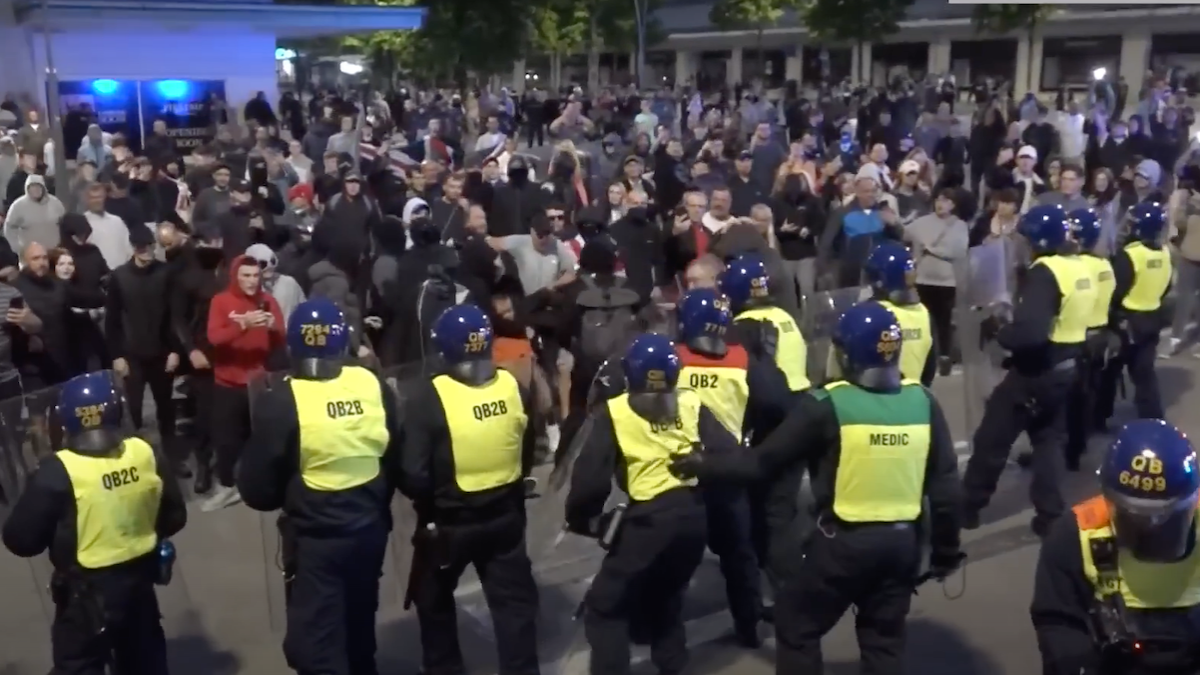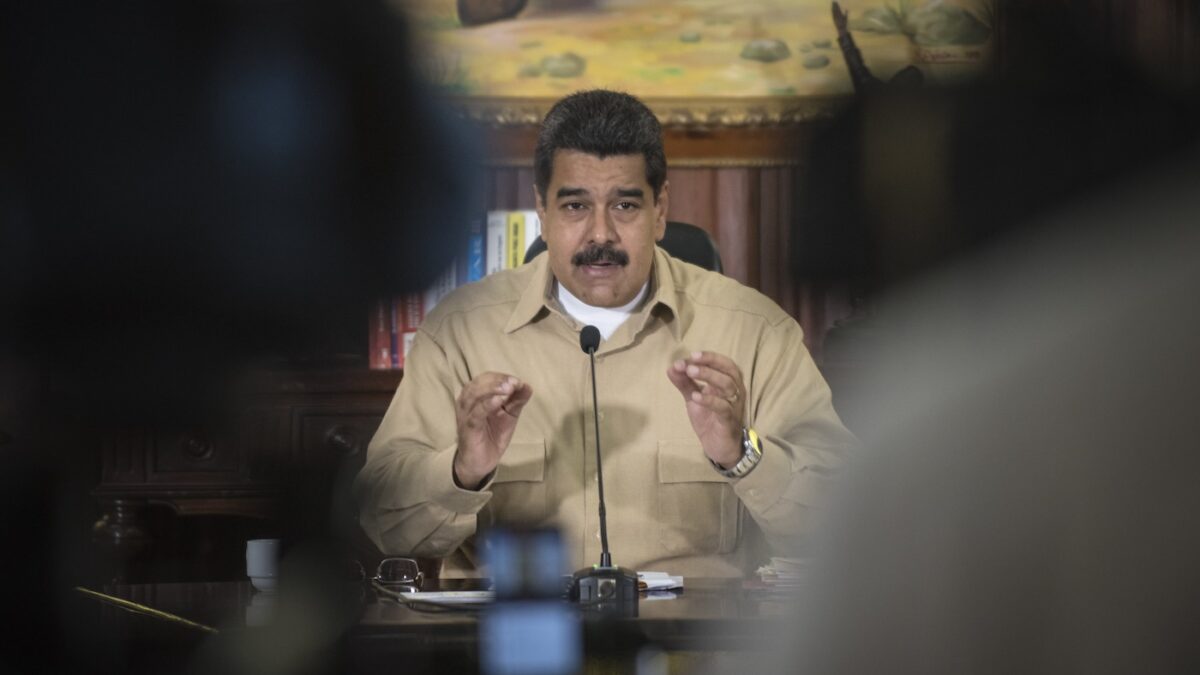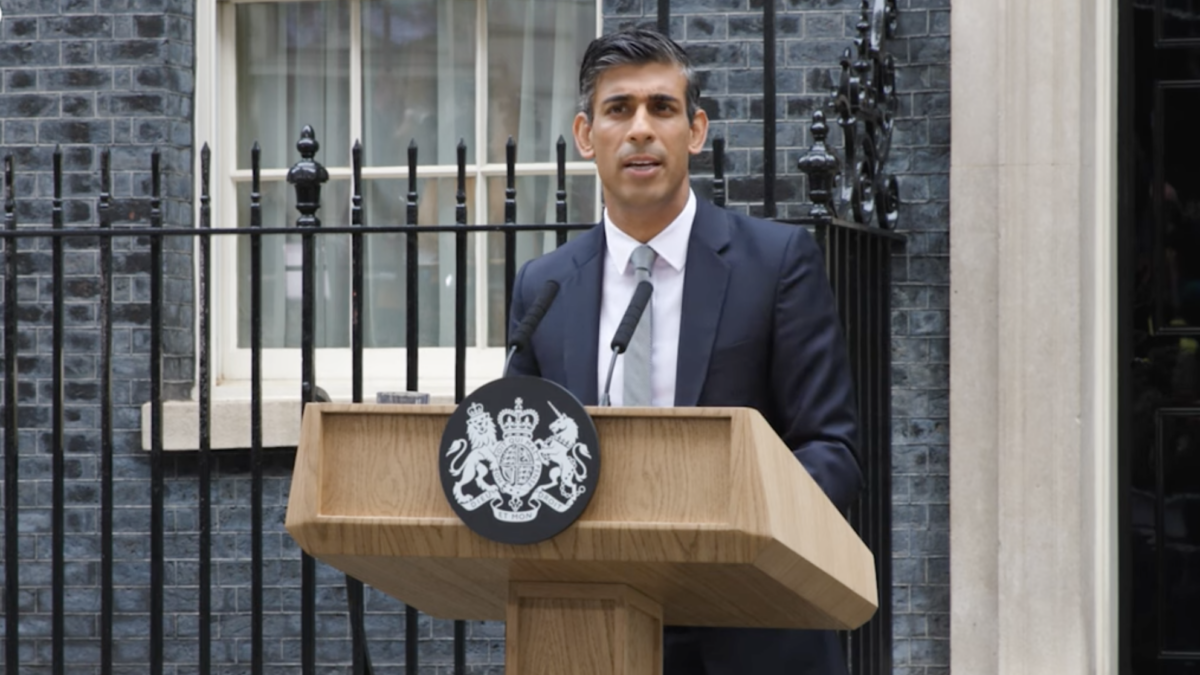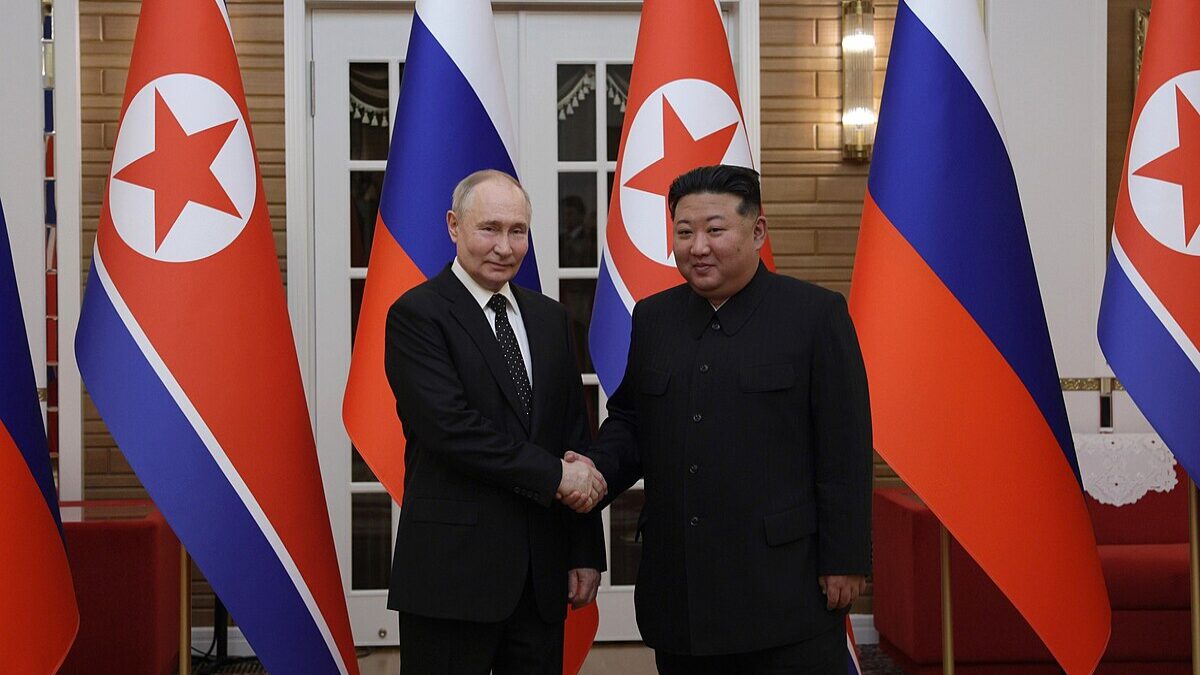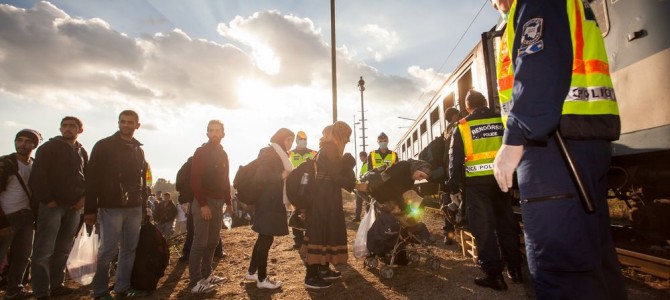
For Christians living in Syria, this is a perilous time. For their faith, and their faith alone, they are facing genocide. The country’s refugee crisis intensifies as people attempt to flee persecution, and there is no end in sight.
But this crisis isn’t new. Syria has been descending toward this madness for decades, affecting millions of people along the way. Though we are rightly horrified, we often think of Syria’s plight in abstract terms: in immigration arguments on social media, or as justification for a loosely related policy we support. Instead, let us think about the actual people who have lived through, or are living through, this horror.
To this end, The Federalist spoke to Claudia Talia, an Assyrian Christian whose family immigrated in the 1970s. Her mother Madlan Talia also provided information for the interview.
The Federalist: When did your family come to the United States, and why?
Claudia Talia: I am an Assyrian-American who was born in Homs, Syria in 1973. I was only six years old when my parents left Syria in 1979. My father’s family had immigrated to the U.S. a few years earlier. My father wanted to join his family here in order to escape the Syrian military and government. He also wanted to provide a better life for my younger sister and me.
The Federalist: What was it like coming here and how difficult was it to get into the United States/obtain citizenship?
Claudia Talia: My father brought us to the states on a temporary visa. In 1986, Reagan signed an immigration reform bill that allowed immigrants who entered the country illegally or on a temporary visa to become permanent residents. By 1987, my family and I received our Alien Registration Cards (green cards). In the late 90s, my father was the first to become an official citizen, followed by my sister, myself, and finally my mother.
The Federalist: What was it like for Assyrian Christians during that time?
Claudia Talia: Although Christians were not overtly oppressed or mistreated under Hafez Assad’s regime, they have always felt like the minority in Syria and other Middle Eastern countries. As in most dictatorships, Christians along with other citizens do not have much of a voice. Syrian citizens as a whole are denied certain rights and liberties, including freedom of speech and press. Christians specifically have been often targeted and ridiculed.
As a school child, my mother recalls being teased and called names for being Christian. The climate has obviously changed since the Syrian revolution in 2011. ISIS and other extremist groups have been systematically kidnapping, torturing, raping, and killing Christians. Some have gone as far as to call it genocide.
ISIS has also been destroying homes, churches, artifacts, and even entire villages. Many Assyrians and other Christians have fled as refugees into other countries. Homs, a predominantly Christian city, was the first town to be impacted by the revolution. Within weeks of the uprising, the building where I was born was burned and destroyed. Aleppo, a town we often visited, has been the latest target of Russian and Syrian air strikes.
The Federalist: What is your view on Bashar Assad?
Claudia Talia: Assad, much like his father and predecessor Hafez Assad, operates under a firm dictatorship. My mother reports that Assad rules with an iron fist and citizens are forbidden to speak against him or his regime.
There are also strict regulations over things that we take for granted. For example, a permit from the government is needed to throw large parties or gatherings. Regardless of all this, some citizens remain enamored, mesmerized, or brainwashed by the dictator. Not unlike North Korea, Syrian citizens treat Assad as an idol or god rather than a political figure. Assad’s picture is displayed in most public places and people’s homes.
There are some Syrians who vehemently defend Assad, despite their limited freedom and lack of a voice. Some even justify horrible crimes committed by Bashar and his father. For example, in 1982, Hafez Assad’s army invaded a Sunni village and murdered hundreds of people. The attack was triggered by suspicions that a coup was being created to overthrow the government.
Currently thousands of citizens are held and tortured in political prisons. Not too long ago, a political cartoonist was imprisoned for negatively depicting Bashar in a cartoon. The cartoonist had his fingers amputated as a consequence. Bashar has committed enough crimes against his own people that I often call him a terrorist in a suit.
The Federalist: What is your take on Russian intervention into Syria?
Claudia Talia: Russian intervention in Syria is self-serving at best. Russia, Iran, and Syria (the axis of evil) have been allies for decades. Assad and the Syrian government are very much influenced by Iran. Russia has interests in Syria such as weapons, arms, and oil. Although Syria and Russia are fighting ISIS and other radical groups, they are the lesser of two evils. It is a much more complicated problem that doesn’t just end there.
The Federalist: What should people consider when thinking about the Syrian conflict and everyone involved?
Claudia Talia: As noted above, the Syrian conflict is a complicated issue that cannot be simply resolved. It is layered, multi-faceted problem that has been accumulating since Hafez Assad invaded the Sunni village in 1982. The Sunnis (a branch of Islam) represent a vast majority of Syrian Muslims. Assad and his regime identify themselves as Alawites (Alawis), which is another branch of Islam that is centered in Syria. This group is closely related to the Shia form of Islam. The Sunnis and Shia have been at odds for thousands of years.
The fact that Assad, who is an Alawi, has been ruling and oppressing the citizens of Syria only makes matters worse for the Sunnis. The Sunnis feel oppressed, and therefore tensions have been rising. These tensions have been continuing to rise and came to a head in 2011, when Syrian Rebels began fighting against Assad and his regime. What began as peaceful protests against the Syrian government escalated as Assad’s military reacted by using force.
Four years later, more groups have evolved while others such as ISIS and Iran’s Hezbollah have joined the battle. These extremist groups have clearly different motives and Syrian Christians have felt the brunt of it. My cousins and many other Assyrians have fled to nearby countries.
The Federalist: How do you feel about welcoming Syrian refugees? Should there be a focus on Christians?
Claudia Talia: The Syrian Refugee crisis is as complicated as the conflict itself. The problem is that most people want simple solutions to complex problems. Unfortunately, it is not that easy. On the one hand, you have innocent people trying to escape brutal warfare and genocide. However, countries have to be discriminatory in order to protect themselves from terrorism. We have seen the mistakes that some European countries have made by being too lenient with welcoming all refugees.
I believe in assisting those who need help, but to do so in a prudent manner. This would involve a careful screening process to rule out potential threats or terrorists.
My cousin, who is a Christian Assyrian, just arrived in Chicago from Lebanon. He left Syria a month ago, but started the process before the revolution. My sister had to sponsor him to come to the states. There was a thorough screening process involved, including questions about his ethnic and religious backgrounds. Other family members who have recently immigrated went through a similar process to come here.
The Federalist: Do any of the presidential candidates offer foreign policy ideas that resonate with you?
Claudia Talia: The current candidates have two different approaches to addressing the Syrian crisis. Trump plans to take on ISIS, while Hillary talks about focusing mainly on Assad and Putin. I agree with both of their stances. I think we should allow Assad and Putin to fight ISIS on their own, in a sense doing the dirty work for us.
This may not be ideal due to some of their indiscriminate airstrikes. Also Assad attacks rebels and his own people under the guise that he is “fighting terrorism.” This is all part of his ongoing propaganda. Needless to say war is not pretty, and the wrath of ISIS has been far too brutal to ignore. After ISIS is weakened in Syria, the U.S. should somehow address Assad, Putin and Iran.
Ideally, the end goal would be for Syria’s political climate to change and move towards democracy. Then I think about what happened to Iraq after the fall of Saddam Hussein. As much as I appreciate freedom and democracy, some Arab countries cannot seem to handle it. Due to the conflict between Muslims and other religious groups, along with the fighting within Muslim groups themselves, there is ongoing warfare and unrest. Maybe a strong ruling party is needed to control and restore order? Maybe Islam is the problem and needs reform?
I wish I knew the right answer or the perfect solution. It is an extremely complicated and layered issue—one that has been going on far too long, with so much devastating loss and destruction.


